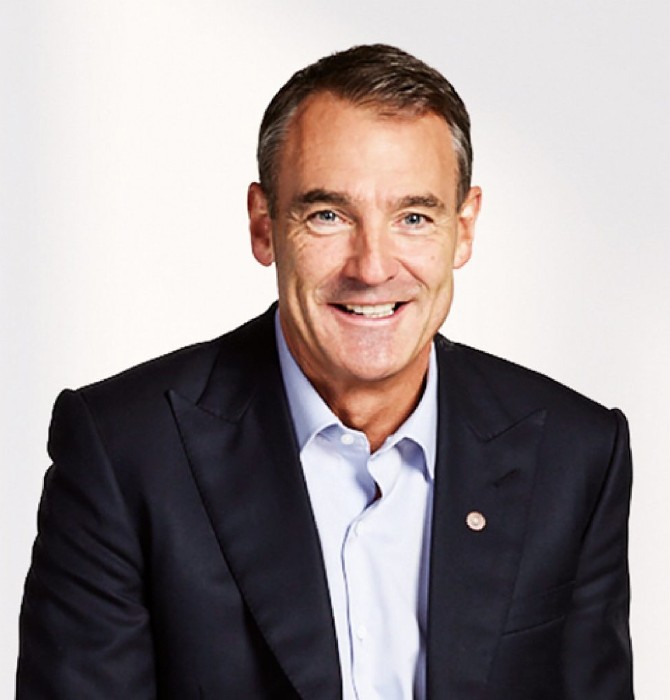BP has revealed it will be reducing its ESG targets after raking in the highest profits in the company’s 114-year history.
The fossil fuel giant saw profits reach $27.6 bn in 2022, up from $12.8 bn the previous year, reflecting the impact price increases have had on the energy sector. In 2019, BP committed to reducing its oil and gas production by 40 percent by 2030, yet this new strategic move will see the company lower its expectation to a target of around 25 percent.
The change in pace reflects the ongoing economic crisis and dependence on new energy sources that was sparked by Russia’s invasion of Ukraine.
‘Action is needed’
The $121 bn energy conglomerate also plans to issue $2.75 bn in share buybacks from fourth-quarter surplus cash flow.
During 2022, BP raised dividends by 21 percent since Q4 2021, reduced its net debt by $9.2 bn, invested ‘with discipline’ and announced $11.25 bn of share buybacks, says Murray Auchincloss, CFO at the energy company.

Commenting on the strategy change, Bernard Looney, CEO at BP, says ‘action is needed’ to ensure the transition is orderly, so that affordable energy ‘keeps flowing’ where it’s needed. ‘As an integrated energy company, BP is deliberately set up to help on both counts. We are leaning further in,’ Looney says.
‘We are growing our investment into our transition and, at the same time, growing investment into today’s energy system. In doing so we see tremendous opportunity to create value. And it’s what governments and customers are asking of companies like us.’
Industry reactions
‘BP is yet another fossil fuel giant mining gold out of the vast suffering caused by the climate and energy crises,’ says Kate Blagojevic, head of climate justice at the UK’s global campaigning movement Greenpeace.
‘Its green plans seem to have been strongly undermined by pressure from investors and governments to make even more money out of oil and gas. This is precisely why we need governments to intervene to change the rules. It’s time to stop drilling and start making polluters pay the price for the climate damage they are causing all around the world.’
Meanwhile, Angela Quiroga, ESG analyst at BP shareholder Union Investment tells Reuters that the decision BP has made is ‘regrettable’.
‘Our expectation was that the profits earned would be further invested in the even faster transformation of the business as stated by Looney in 2020,’ she says.
Bruce Duguid, head of stewardship at Federated Hermes, tells Reuters that investors with net-zero goals, ‘including many of our clients, will be concerned at such a material change to BP’s 2030 absolute emissions reduction target.’
He says it also raises a ‘significant governance question’ given the high proportion of investors that supported the original emissions reduction target only nine months ago at BP’s annual general meeting.










